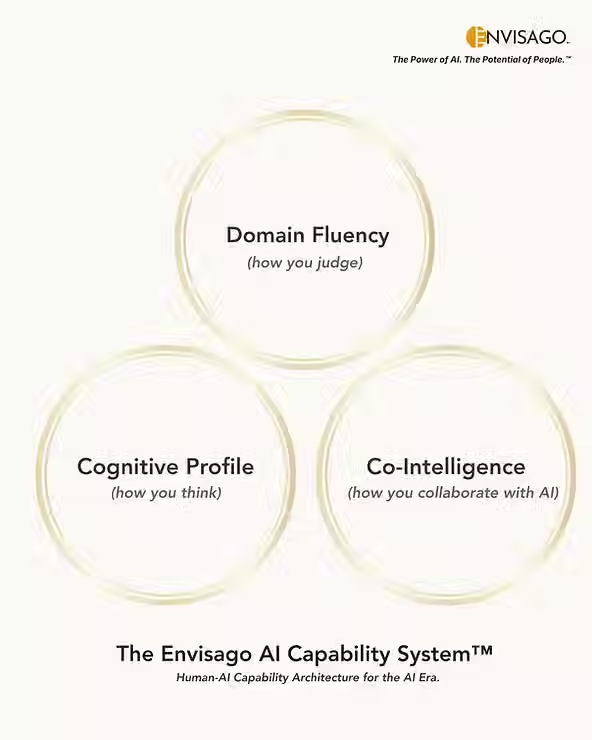Revolutionising HR & Recruitment: How AI Is Reshaping Talent Acquisition in 2025
- Janine Dormiendo
- Aug 1, 2025
- 2 min read

In 2025, AI has transitioned from a supporting tool in recruitment to a strategic differentiator for HR leaders in the UK and globally. Beyond speed or efficiency gains, it’s prompting deeper questions about fairness, alignment, and future capacity.
Real-World Evidence
Eploy’s 9th Annual UK Candidate Attraction Report (2025)
Based on insights from over 700 recruitment professionals, this study reveals that:
23% of organisations across the UK now prioritise recruitment automation and AI, rising to 30% among companies with more than 1,000 employees
The emphasis is shifting toward improving candidate experience, with tools like chatbots and job alerts supporting more accessible and inclusive applications
Institute for the Future of Work (IFOW) Survey
Surveying 1,000 firms, researchers from Warwick Business School and Imperial College found that:
Nearly 80% of organisations were already using AI or automation technologies.
When implemented thoughtfully, AI has led to job-quality improvements, not just job reductions—especially in contexts where increased efficiency is paired with skills investment and good management
Strategic Shifts Rooted in Evidence
1. Adoption at Scale, with Purpose
Eploy’s data indicates that AI in recruitment is not fringe—it is becoming mainstream in UK talent acquisition. Larger firms lead the charge, using AI to reduce administrative burden and reallocate time toward strategic sourcing and candidate-centred roles. This mirrors Envisago’s focus on aligning processes to purpose rather than function.
2. More Efficient, Yet More Human
IFOW’s findings emphasise that AI—when paired with change-conscious leadership—can enhance job quality and reduce bias, rather than reinforce it. Efficiency gains become a gateway to more fulfilling, human-centred work if supported by human oversight and ethical use.
What This Means for HR & Recruitment Strategy
From Pipeline to Ecosystem
AI adoption in recruitment creates visibility beyond immediate talent needs. Instead of reactive role filling, research suggests the potential for strategic workforce planning—shaping hiring to support long-term learning and development.
Designing with Integrity, not Just Efficiency
AI tools that generate job adverts or screen resumes must be embedded within feedback loops and policy oversight. Candidates demand transparency—88% are open to AI use but want clarity in how decisions are made.
AI Literacy as a Core Competency
Evidence points to growing demand for AI-savvy talent—both in the roles being hired and in the recruiters themselves. Organisations are shifting toward skills-based hiring, with employers valuing practical AI skills more than formal credentials.
A Thoughtful Leadership Perspective
It’s not enough to add an AI tool. The deeper leadership challenge lies in framing AI-enabled recruitment as a conversation about identity:
What future workforce are we hiring towards?
How do we ensure access, fairness, and inclusion?
Where do we reserve space for human judgement, empathy, and nuance?
If thoughtfulness becomes strategic, AI becomes transformative.
Closing Reflection
Basing action on UK research—Eploy’s real-time data, IFOW’s employment-quality findings, and broader skills-first trends—brings clarity to the quiet transformational shift happening in recruitment.
In 2025, talent acquisition is defined less by technology and more by intention. AI is the amplifier—not the director—of an organisation’s values, voice, and ambition.
By centring strategy, empathy, and evidence, HR leaders can move from hype to alignment. From reactive to ecosystem. From transactional to human.
.png)



Comments